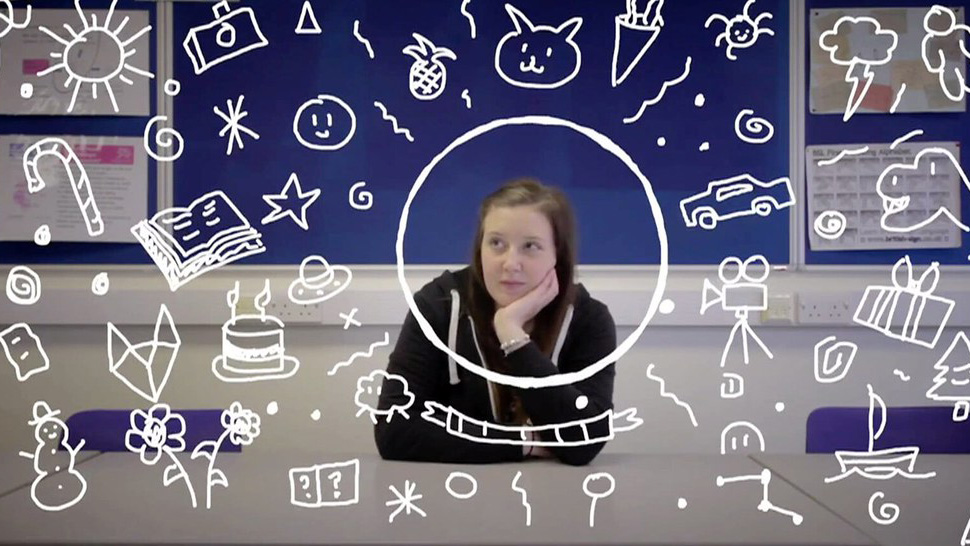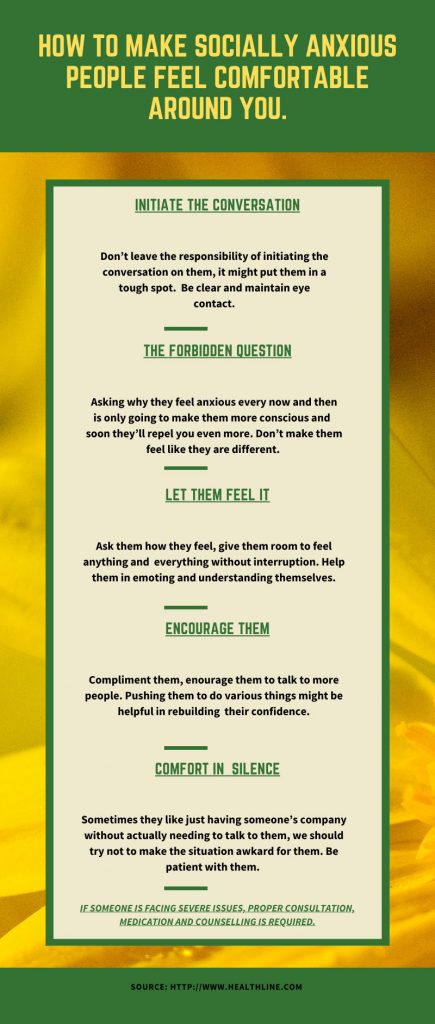As the lockdown eases all over the UK, most of us can’t wait to meet our friends in pubs, restaurants and cafes. But how do socially anxious people feel about it?

Sipping on a hot cup of coffee, Yinqi scrolled through her Instagram feed. As she glanced through the excitement of lockdown rules easing in the UK, a thought constantly troubled the international student, “With the time difference between UK and China and the added in-person classes, how will I be able to play Nintendo Switch my father?”
Yinqi Li, an international student at Cardiff University suffers with social anxiety and usually likes being by herself.
According to the NHS, “Social anxiety disorder, also called social phobia, is a long-term and overwhelming fear of social situations. It’s a common problem that usually starts during the teenage years. It can be very distressing and have a big impact on your life.”
The 24-year-old says she enjoyed the lockdown, “because I could learn something new like drawing for myself. I couldn’t do this if it wasn’t for the lockdown, I might need to go out with my friends or something. But in the lockdown, I had more time to do what I wanted to.”

With the time difference between her home country China and the UK, lockdown gave Yinqi more time to connect with her family since she was at home almost all day.
Although, she says, “now I’ll have to attend more face to face classes, so I’ll lose the time to FaceTime with my parents, telling them every detail of my life and sometimes playing some video games with my father. I will have to spend more time commuting to and from the university.”
Ayesha Akter, a psychology professional said that the lockdown comforted most of the socially anxious people. Although, it is becoming difficult for them to get back in the “normal” life as the lockdown is being lifted.
Yinqi says that just having 2 or 3 friends is enough for her. “I know there are people who need more friends in such situations [lockdown], but I just need more communication with my few friends,” she says.
“Work from home and staying indoors for over 6 months made them mentally comfortable, but now it’s very difficult for them to accept the fact that they have to socialise again in the normal world,” she added.
Yinqi has always been a person who loves spending time with herself rather than going out and meeting new people. Therefore, she says, she would still be at home, study and play video games with or without the lockdown.

“May be I have more ways than other people to have fun with myself. Some people may need their friends or their partner to be there with them, but I have a different relationship with life I think,” she adds.
A lot of people have been suffering with what experts call the “social hangover”. It is a condition where you experience exhaustion after excessive socialising.
“People with this condition will suffer further more than the other individuals,” said Ms. Akter. She also said that the socially anxious individuals might experience additional fears now as compared to times before lockdown.
Yinqi says she gets anxious at the slightest idea of interacting with new people. She was even worried about interviewing for this story. She said, “I was worried about what questions you were going to ask me and whether I will be able to help you with them.”
The only thing she looks forward to after the lockdown is going to cinemas and watching movies. Other than that she says, “before the lockdown if anyone asked me to go out and meet people I don’t know well, it would make me anxious and after the lockdown it’s still the same.”

